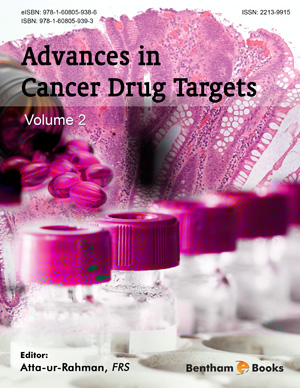Abstract
The very early intuition by Paget about the molecular features of metastasis has been observed in the field of therapeutic opportunities only in the last few years with the development of targeted therapy. However, to date, the diagnosis of metastases is associated in the majority of cases with the loss of any therapeutic hope. According to present knowledge, metastatic spread is considered a part of a long process in which tumor cells gain new properties regarding their cellular function, including invasion and adaptive survival. This gain of function is based on the expression of new molecular markers that may be potential therapeutic targets in blocking tumor diffusion. The epidermal growth receptor family (ErbB) comprises four members that are frequently upregulated in advanced tumor stages and have been associated with the metastatic potential of several tumors. Several inhibitors specific for one ErbB receptor have been demonstrated to be effective antitumor agents in primary cancer, but their utilization is restricted to ErbB-overexpressing tumors and limited by toxicity problems, drug resistance and molecular desensitization. However, new studies indicate that ErbB inhibitors may provide a much-needed therapeutic option, mainly for patients with metastases. In order to illustrate the potential of ErbB family members as therapeutic targets in blocking metastases, we summarize the latest molecular evidence and the results of clinical trials.
Keywords: Cancer metastasis, clinical trials, EGF, epidermal growth factor, HER2, targeted therapy, tumor invasion, trastuzumab, tyrosine kinases.






















